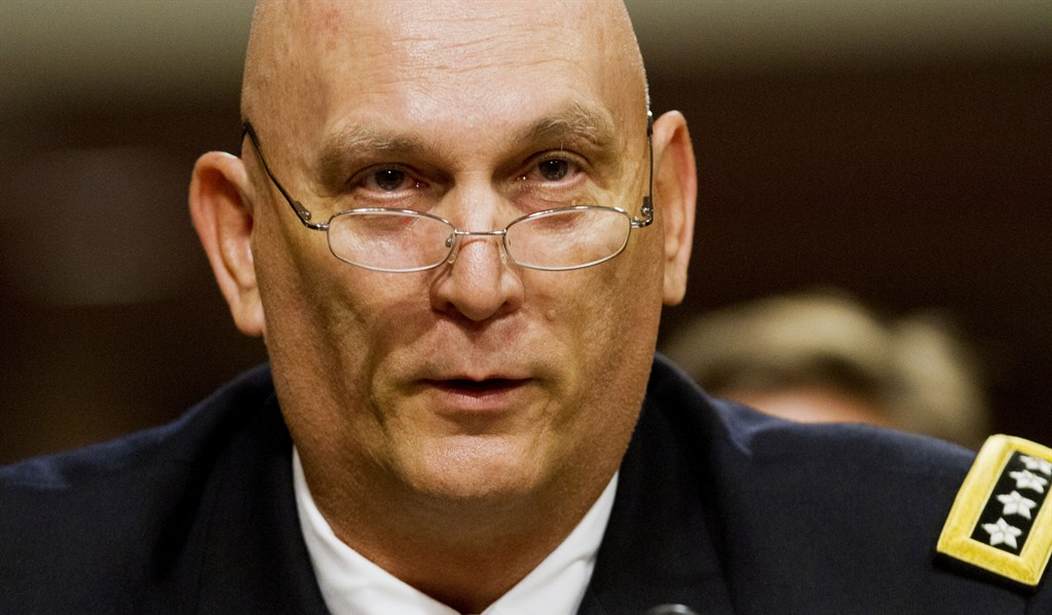The U.S. could have prevented the rise of ISIS. We know this, but now we're hearing it from the U.S. Army's top officer. Army Chief of Staff Gen. Ray Odierno went on the record in a Fox News interview that comes at the end of his Army tenure. He will be retiring in a few weeks after serving 39 years in uniform.
Odierno was an architect of the Iraq surge of 2007 that helped defeat remaining terrorist opposition in the country. He said it has been "frustrating" to watch all the military's gains from the surge melt away at the hands of ISIS.
“It's frustrating to watch it,” Odierno said. “I go back to the work we did in 2007, 2008, 2009, and 2010 and we got it to a place that was really good. Violence was low, the economy was growing, politics looked like it was heading in the right direction.”
When President Obama came into office in 2009, Odierno was still the top commander in Iraq. Odierno recommended that the president keep 30,000 to 35,000 troops in Iraq after the end of 2011, when the U.S. was scheduled to pull out — but that recommendation seemed to fall on deaf ears. The pullout would move forward as scheduled, and it was only a matter of time before Iraq unraveled under the emergence of ISIS.
When asked if the pullout was a mistake, Odierno's response was simple: "I think it would have been good for us to stay." He suggested that the fall of large parts of Iraq was not inevitable, and that better U.S. policy could have helped preserve the Iraqi political and military structures supported by the U.S.:
“If we had stayed a little more engaged, I think maybe it might have been prevented,” he said. “I've always believed the United States played the role of honest broker between all the groups and when we pulled ourselves out, we lost that role.”
Recommended
Odierno is not the only high profile military leader to give a veiled criticism of the president's Middle East policy. Former Defense Secretary Robert Gates published a memoir last year that included some pointed criticisms of President Obama, though he also criticized Congress a great deal. His clearest criticism of the president pertained to his strategy in Afghanistan. He recalled his thoughts in the White House Situation Room during a tense meeting:
As I sat there I thought: The president doesn’t trust his commander, can’t stand Karzai, doesn’t believe in his own strategy and doesn’t consider the war to be his. For him, it’s all about getting out.”
He also wrote of the president's Iraq War leadership:
“I myself, our commanders, and our troops had expected more commitment to the cause and more passion for it from him."

























Join the conversation as a VIP Member